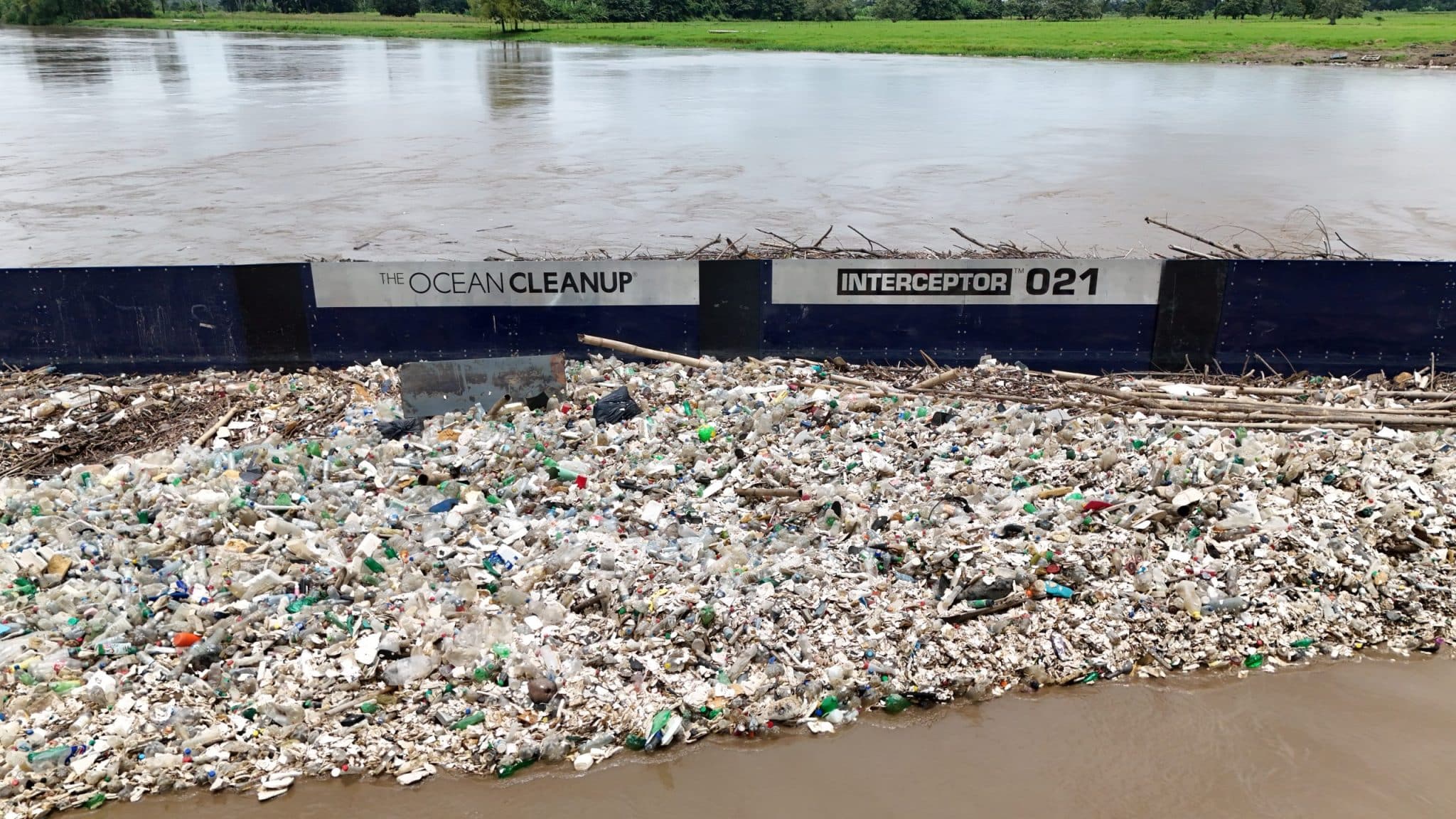Image Credit: jessicahyde/123rf.com
The recent announcement by the United States to withdraw from the Paris Agreement and reduce international climate funding has raised concerns about the future of global climate initiatives. The decision has particularly impacted the United Nations Framework Convention on Climate Change (UNFCCC), the primary organization responsible for facilitating international climate negotiations and implementing agreements like the 2015 Paris Accord.
In response to this funding gap, Bloomberg Philanthropies, founded by former New York Mayor Michael Bloomberg, has stepped in to provide financial support that will cover the U.S. contribution to the UNFCCC’s budget. Historically, the United States has funded approximately 21 percent of the UNFCCC’s core budget. Last year, this amounted to a payment of 7.2 million euros for its 2024 contribution, along with an additional 3.4 million euros to settle arrears from 2010 to 2023.
Despite these contributions, the UNFCCC is currently facing a significant budget shortfall, which has disrupted essential climate dialogues. The total budget for the organization for 2024-2025 is set at 240 million euros, with around half allocated for the upcoming year. As government contributions are vital for maintaining operations, private organizations like Bloomberg Philanthropies play a crucial role in providing additional financial resources.
Bloomberg Philanthropies previously contributed $4.5 million to the UNFCCC last year, enhancing its operational capacity. The organization’s involvement underscores the importance of collaboration between philanthropies, businesses, and subnational entities to drive climate action, especially in light of federal inaction.
The initiative taken by Bloomberg not only helps secure funding for the UNFCCC but also exemplifies how influential individuals and organizations can bridge gaps in global climate efforts. As the world confronts the escalating climate crisis, such interventions highlight the critical role of multi-stakeholder collaboration in sustaining global climate cooperation.
Check out the original article here: Source link



